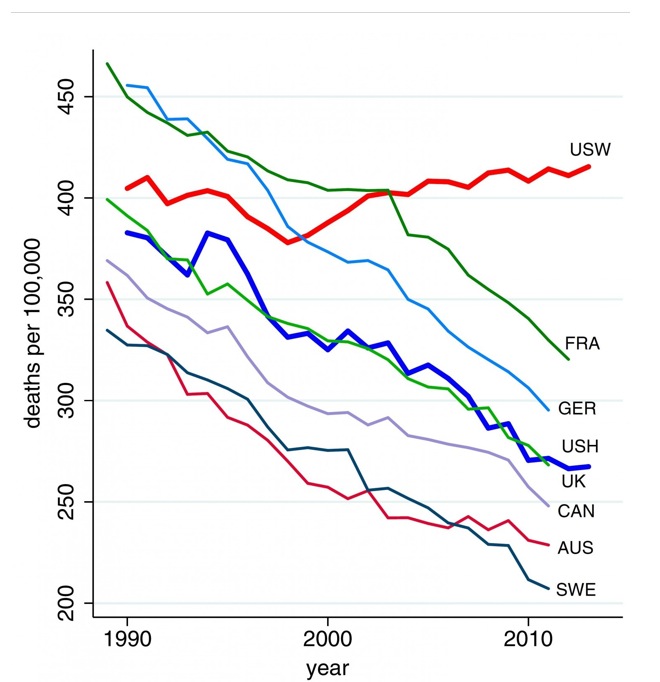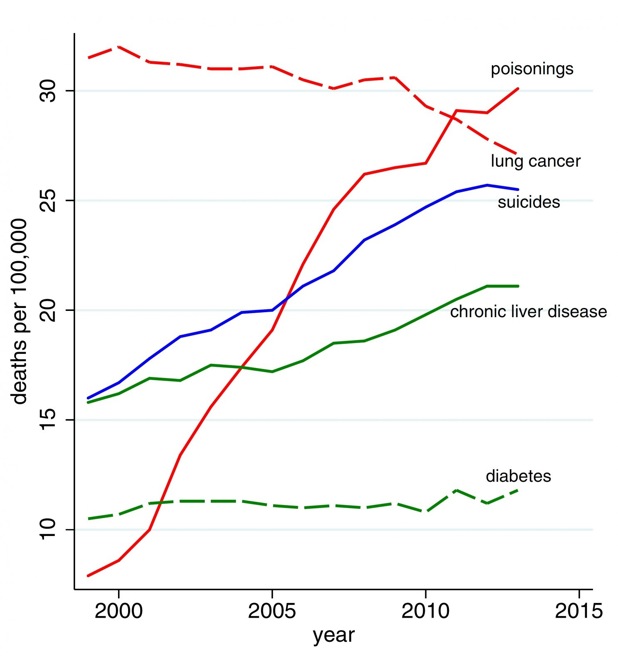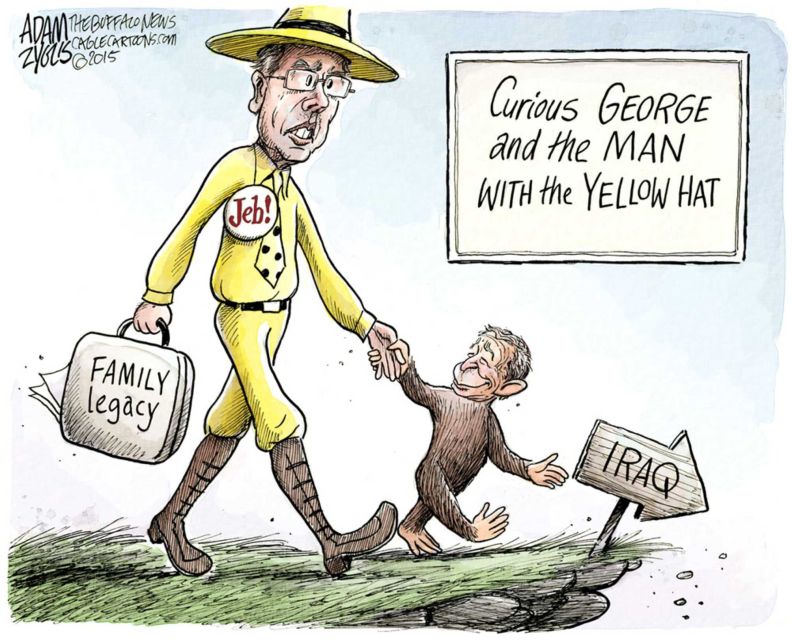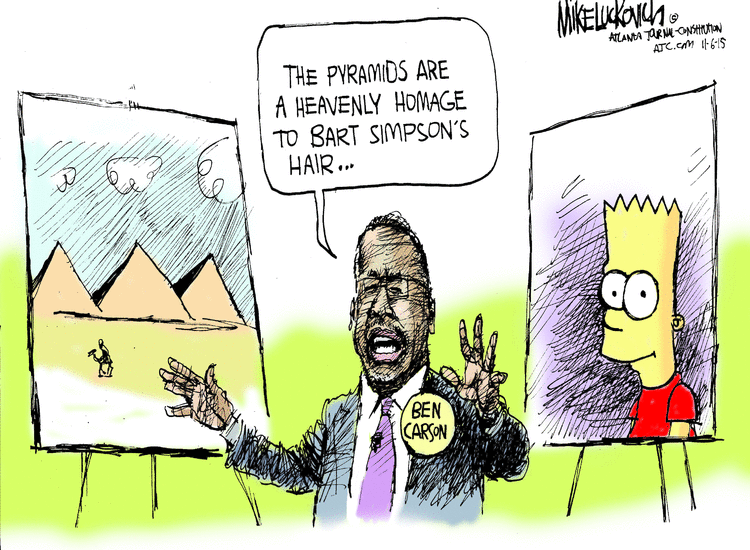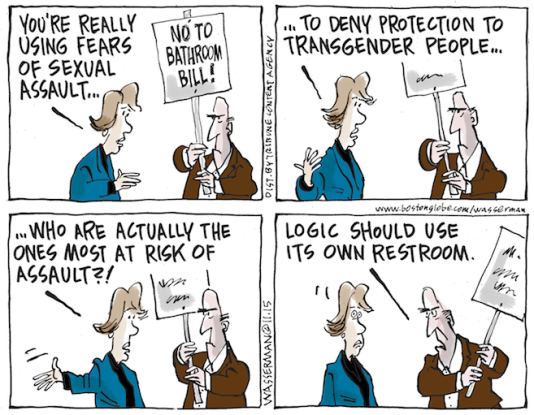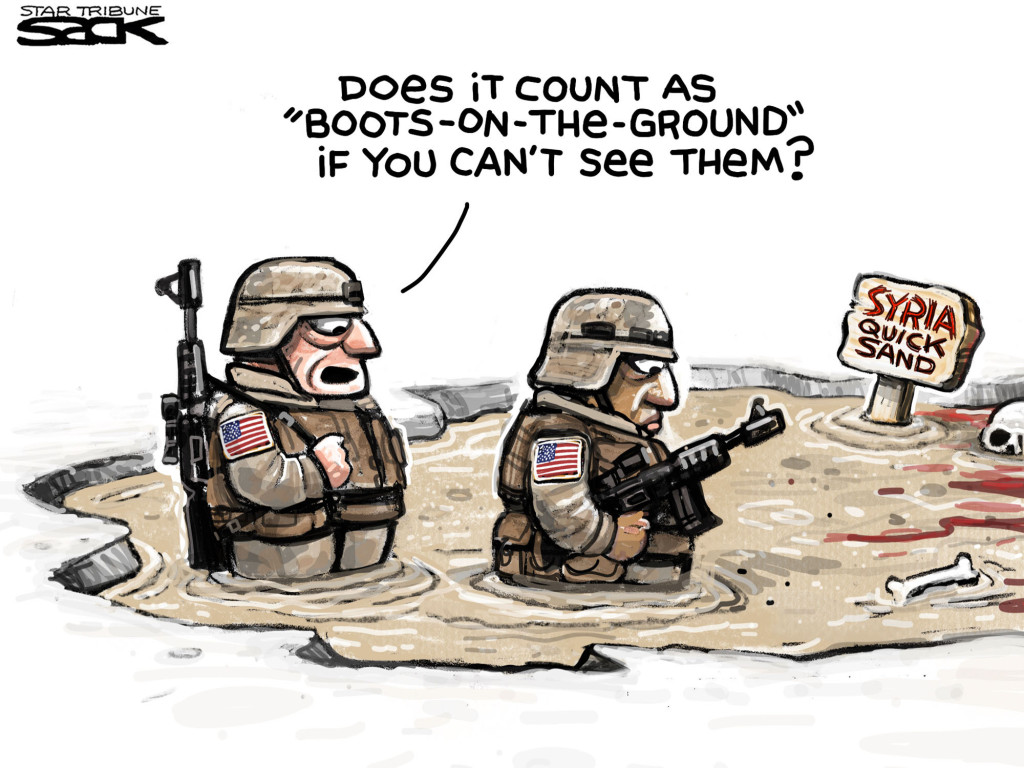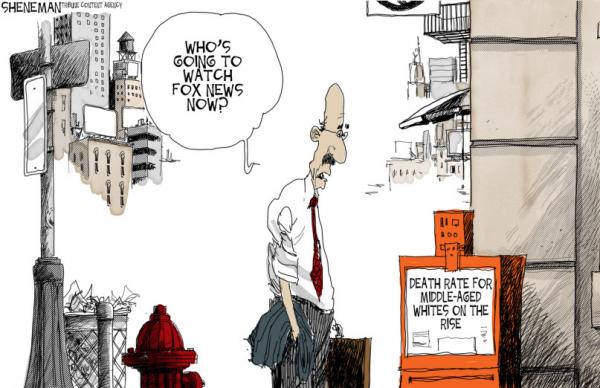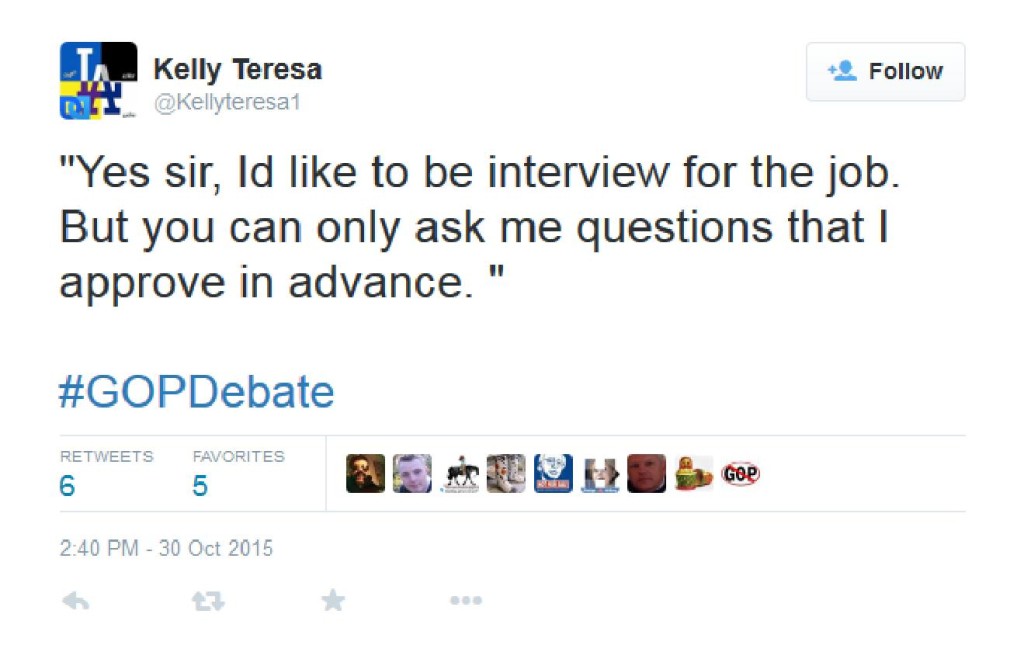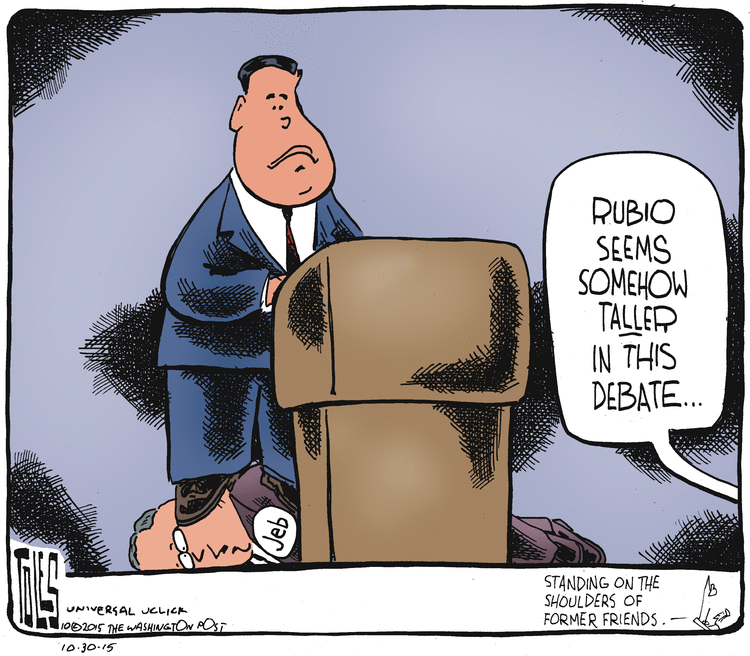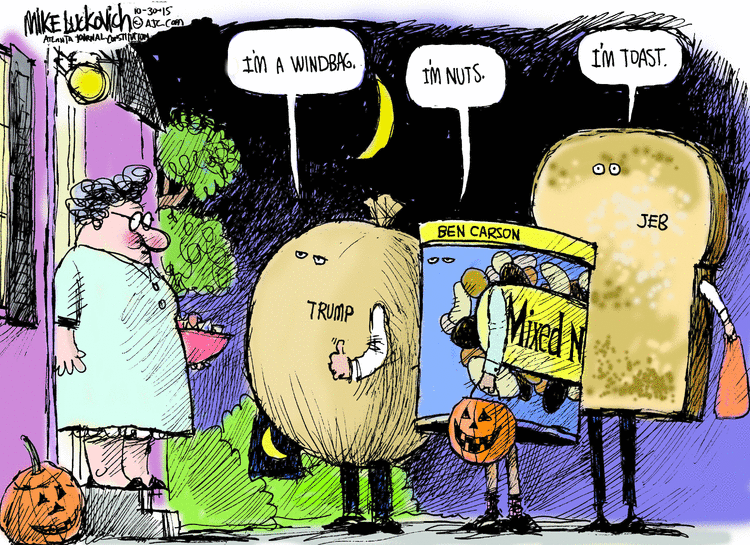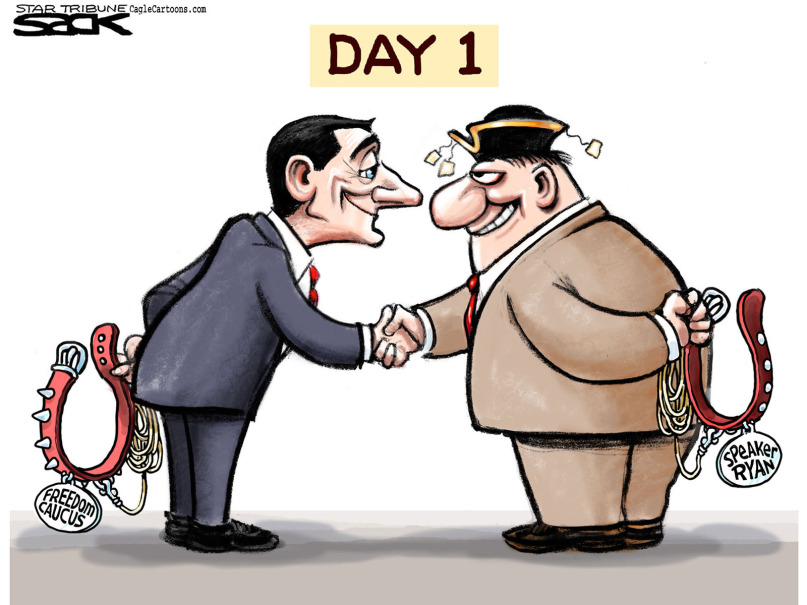The carve-up of Syria has started. When Israel’s Prime Minister Netanyahu met with Barak Obama on Monday, he asked for three things:
• That the US raise its aid to Israel from $2 billion US to $5 billion annually to be used against the “new” Iranian threat
• Israel intends to formally annex the Syrian Golan Heights, and Netanyahu wants our recognition of that annexation
• That the US submit the terms of any future deal involving Syria to Israel for their approval in advance of US approval
During the meeting, Netanyahu also clarified Israel’s purported “red lines” with regards to Syria.
We won’t tolerate attacks from Syrian territory, we won’t allow Iran to open a front [against us] on the Golan Heights, and we will disrupt the transfer of deadly weaponry from Syria to Lebanon…
That explains the money part of the requests. Well, we will do #1, we won’t do #3, and that leaves #2, recognition of Israel’s annexation of the Golan.
Some history: Israel occupied Syria’s Golan Heights after the Six-Day War in 1967, and annexed the Golan in 1981. In the intervening 48 years, neither the UN, nor any country has recognized the Golan annexation. The US could not unilaterally recognize the Golan annexation without upsetting our EU allies. In addition, Russia would not recognize the annexation, and they have an air force in Syria. And Iran could make life difficult for Israel by increasing Iranian aid and weapons to Hezbollah.
Why does Israel want to complicate Obama’s task in the Middle East? Well, he asked for recognition of Israel’s annexation of the Golan Heights, just as new oil reserves were discovered there.
Wait, they found oil in the Golan? Apparently, yes. And it’s potentially billions of barrels. The tangled web of the oil business is at work here: Genie Oil & Gas, a US company, is doing the exploratory drilling in Golan through its subsidiary, Afek Israel Oil and Gas, which holds an exclusive 3 year petroleum exploration license issued by the government of Israel. Genie’s founder and CEO is Howard Jonas, who has been a big financial backer of Netanyahu’s political campaigns. And, look at the advisory board of Genie Oil & Gas:
• Michael Steinberg, Board Chair
• Rupert Murdoch
• Jacob Rothschild, the chairman of the J Rothschild group of companies
• ex-CIA director James Woolsey
• Dick Cheney
• Lawrence Summers, former president of Harvard
• Bill Richardson, former secretary of energy under Bill Clinton
• Mary Landrieu, former Louisiana Democratic Senator
With “Advisors” like these, it would be foolish to bet against the US recognizing the Israeli annexation of an oil-rich Golan Heights at some point. From Mint Press News:
Israel hopes to quintuple the size of its settlements over the next five years by adding an additional 100,000 settlers to the region.
So, new settlers and new oil.
Perhaps Bibi’s request is really part of a longer game directed at the 2016 US presidential candidates, in which he is laying out his demands: “In return for my political support” go the unspoken, but implied words of Bibi, “I would like you to agree to fill my shopping bag,” including the Golan.
It turns out that Haaretz is now reporting that Mr. Obama has rebuffed Bibi’s bid to have the US recognize Israel’s annexing Golan:
Washington rejects Prime Minister Benjamin Netanyahu’s suggestion to US President Barack Obama at the White House on Monday to discuss the possibility of US recognition of Israeli rule over the Golan Heights, a senior White House official said.
We should have predicted this move by Israel: the Golan occupied, and Syria in fragments due to uprisings and attacks by ISIS creates a vacuum for Israel to fill. But if you buy that the request was really directed at the next president and the next Congress, and not the lame duck Obama, Bibi apparently is betting that his sycophants in the Congress are going to give him what he wants in 2017.
It would be a challenge for America’s politicians to explain to voters in 2016 why we should increase funding of Israel by $3 billion, instead of helping students pay off their college loans, or instead of building better roads.
We need to make sure that this additional reach into our pockets by Israel is a national campaign issue in 2016. Until a few politicians lose an election because they are too hawkish on Israel, we will continue to lavish money on them.
And our politicians will continue to support Israel’s Middle East policies at the expense of our own.

